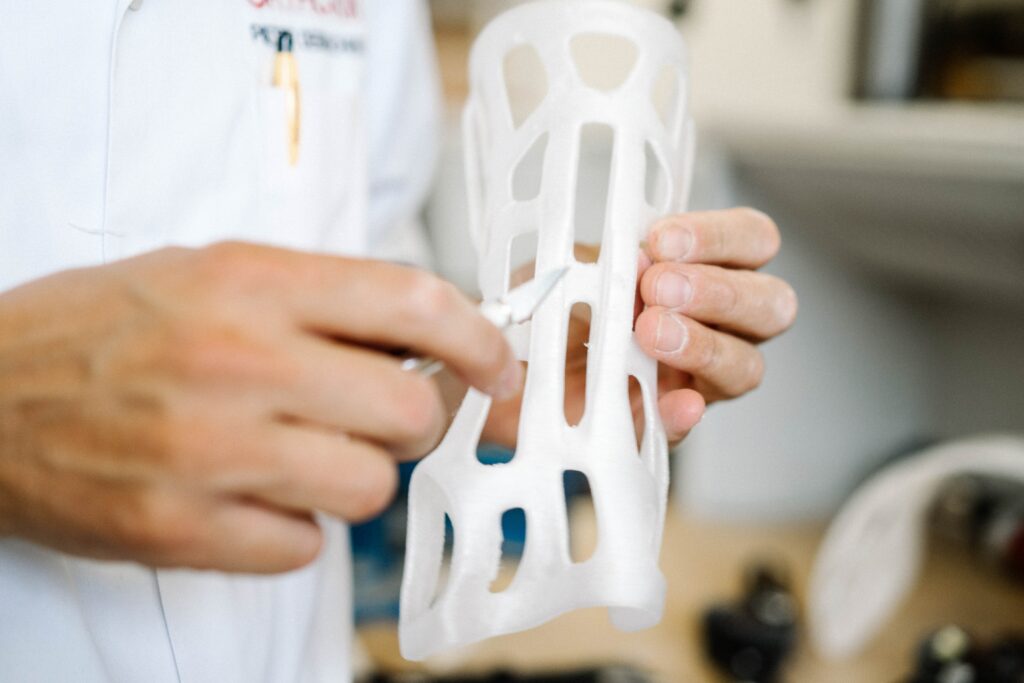Navigating Prostate Cancer Treatment: The Vital Role of Urologists
Men who are diagnosed with prostate cancer face a range of treatment options. Some are offered active surveillance, which includes a regular PSA test and treatment only when necessary.
Other men are offered new minimally invasive treatments such as brachytherapy, high-intensity focused ultrasound, and cryotherapy. These have the potential to have fewer side effects.

The Vital Role of Urologists
Prostate cancer is a formidable foe that tends to grow slowly and can progress undetected until it reaches a critical stage. That’s why it’s important to get regular screenings and the help of a urinary tract specialist (urologist).
If you have an elevated PSA level, your urologist Melbourne will run tests to check for prostate cancer, including blood tests, imaging tests like ultrasounds or CT scans, and a biopsy of the prostate. They may also conduct a cystoscopy to insert a small camera into the bladder through the urethra for a more detailed look.
The urologist will then review your test results and discuss treatment options with you. This is the best time to ask questions.
Several new procedures for treating prostate cancer are being studied, such as HIFU (high-intensity focused ultrasound) or TURP (transurethral prostatectomy). These use a catheter inserted into the rectum to send high-frequency sound waves that burn and kill prostate cells. They have fewer side effects than surgery but are still experimental.
One of the most important things a urologist can do is to educate patients about prostate health, especially the importance of annual screenings. They should be open and welcoming to patients, and ready to find common ground — a joke, for example — to help them feel comfortable. It’s also crucial for urologists to stay on the cutting edge of medical advancements and research to improve patient outcomes.
Getting Started
The diagnosis of prostate cancer can be a shock. You may feel frightened, anxious, or confused. This is normal. It is important to talk about what you are feeling with your family and friends. You can also get support from groups for men with prostate cancer.
Prostate cancer treatment Melbourne depends on how far the cancer has spread. It can be treated with surgery, radiation, or medicine. Surgery removes the prostate gland and some tissue around it. It can also be treated with new minimally invasive procedures that use radiation, such as brachytherapy or high-intensity focused ultrasound, to kill cancer cells without damaging surrounding tissue. You might also receive drugs to control the cancer, including new drugs being tested in clinical trials.
Some doctors recommend watchful waiting, in which you get regular tests to see if your cancer is growing. This is sometimes called Active Surveillance. Your doctor can tell you if your prostate cancer is likely to spread based on the Gleason score and stage of your cancer.
To learn more about the barriers to getting timely care, our research team conducted semi-structured interviews with urologists and patients who had an abnormal screening test for prostate cancer. They used questionnaires to measure patient satisfaction and the barriers to getting timely treatment. These surveys included questions on screening behavior, reasons for delaying care, and social support.
Managing Side Effects
You will have regular tests (blood and urine) to check how your treatment is working. Your GP or the specialist you are seeing will tell you how often you will need to have these tests, including when to start and stop taking your PSA blood test.
It’s normal to feel a range of emotions when you first hear your diagnosis of prostate cancer. You might feel numb, frightened, confused, or angry. As you become more knowledgeable about your options and talk to other men who have gone through treatment, it’s common for feelings of hope to emerge.
People who decide not to have treatment can still get support and pain relief from their GP and hospital team. It’s possible that the cancer may come back again, but there are new treatments being developed for recurrent prostate cancer. They include immunotherapy to strengthen your immune system and targeted therapies that destroy cancer cells with specific gene mutations.
To address barriers to care, the C-PNRP patient navigation intervention included a social worker and lay health navigator who worked with veterans who had abnormal screening results at a VA urology clinic. They proactively identified and resolved personal and systems barriers to care, such as transportation coordination, cancer education, and scheduling assistance. Navigators also completed systematic appointment reminders and assisted patients with canceling or rescheduling appointments to prevent missed clinic visits, which often delay diagnostic resolution.
Getting Back to Your Life
When the treatment is over, your doctor will ask you to come in for regular follow-up appointments. They will talk to you about how the treatment has gone and what you can expect in the future. They will also test your PSA level to check if the cancer has come back (a relapse).
You may be given hormone therapy to stop your PSA from rising. If your cancer has spread to the bones, they may suggest a treatment called sipuleucel-T (Provenge) which trains your own cells to fight the cancer. If the cancer hasn’t spread, they might recommend other less invasive treatments, like brachytherapy or high-intensity focused ultrasound.
The urologist will usually explain the options and how the side effects might affect you and your quality of life. But the final decision is always yours. If you decide not to have treatment, your doctor and nurses should respect that. They should still offer you support and pain relief.
If your cancer hasn’t spread, you might be able to benefit from new minimally invasive treatments like brachytherapy and high-intensity focused ultrasound, sometimes as part of a clinical trial. These procedures use less radiation than surgery but have a higher risk of problems with the bladder and urethra. These can be more difficult to cope with than surgery, but your doctor will be able to tell you what the risks are.


